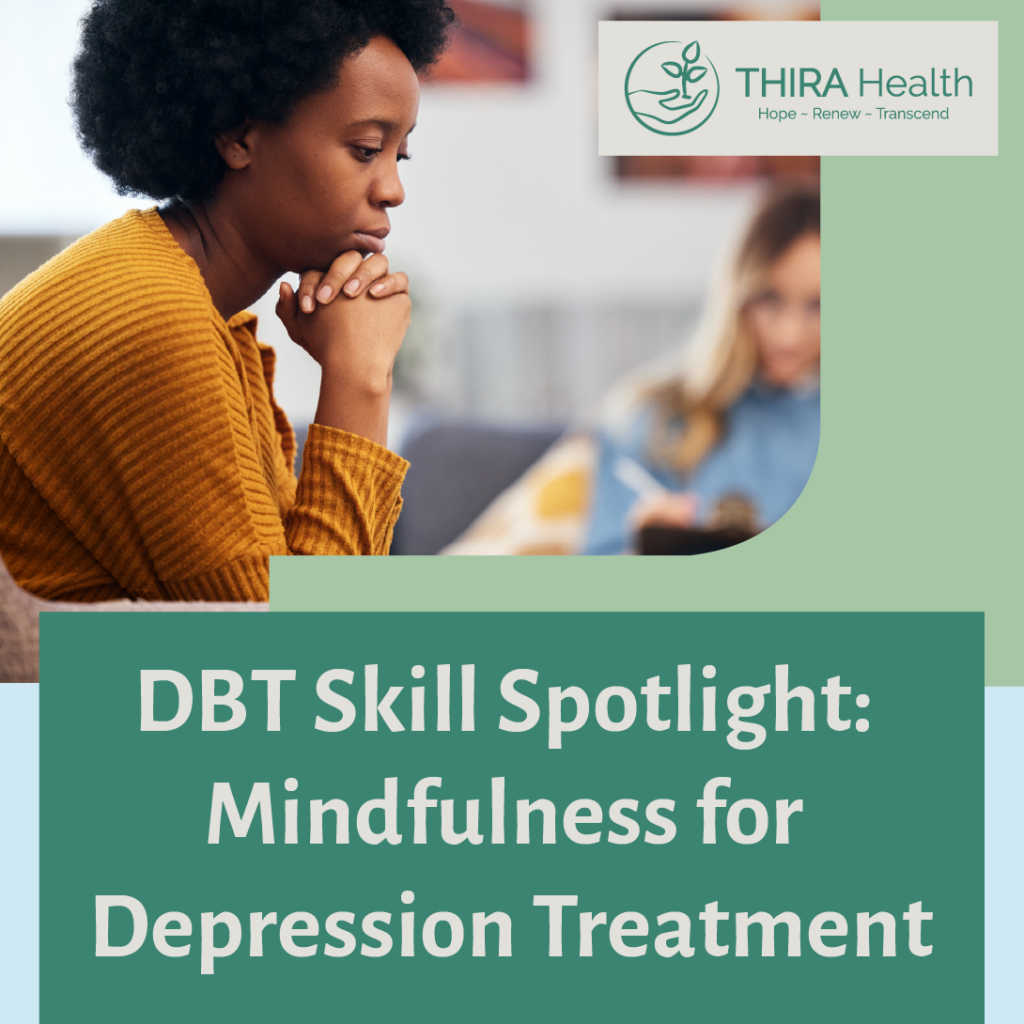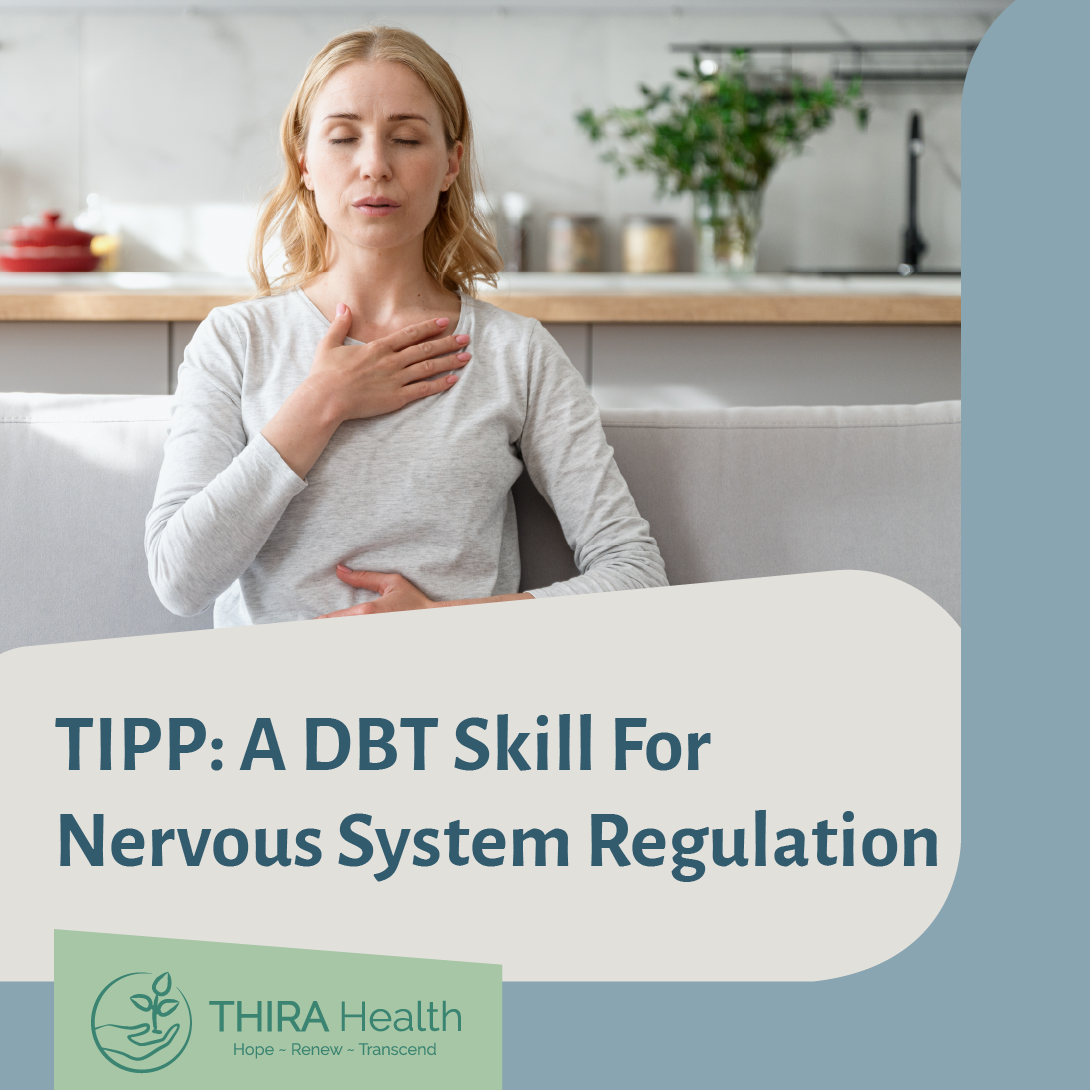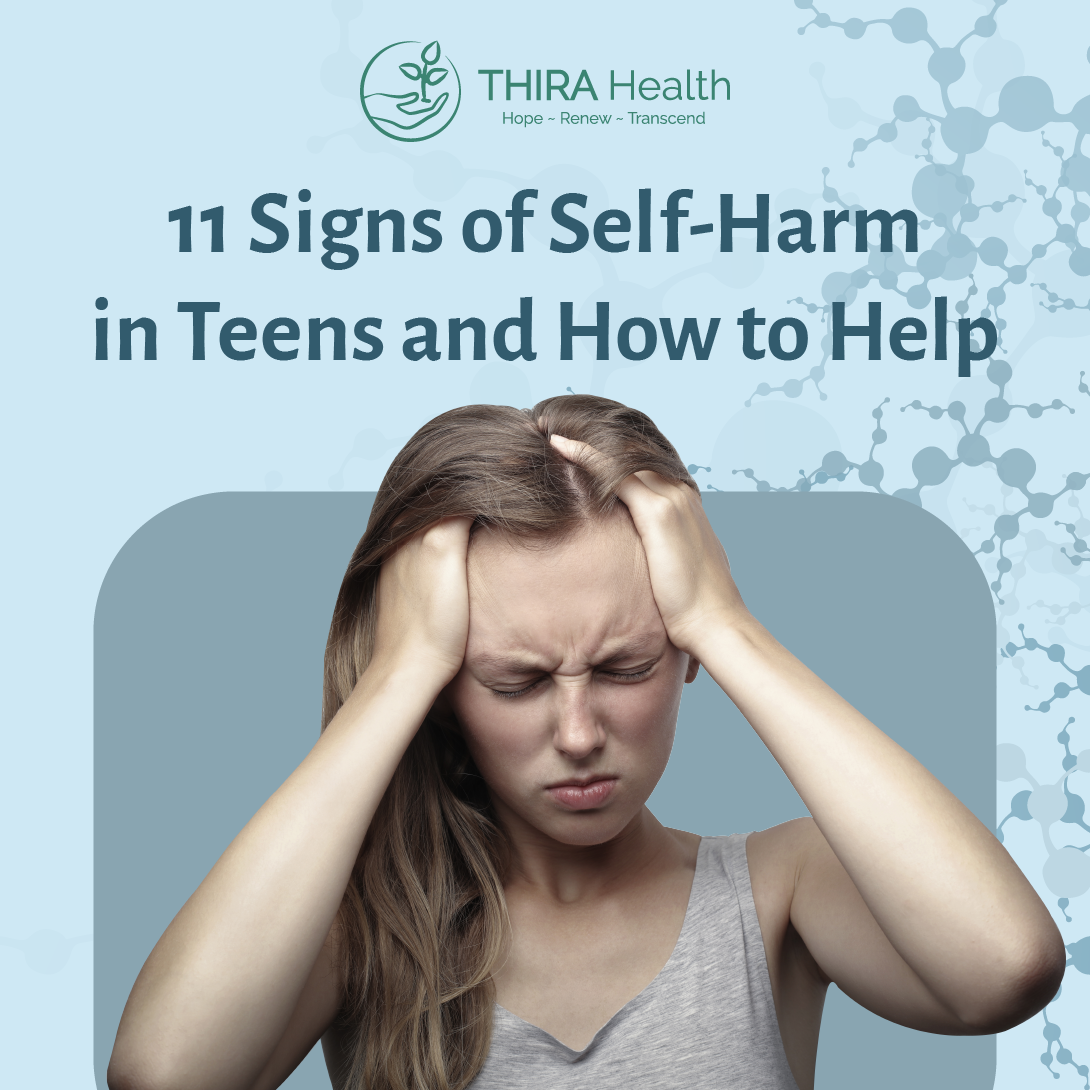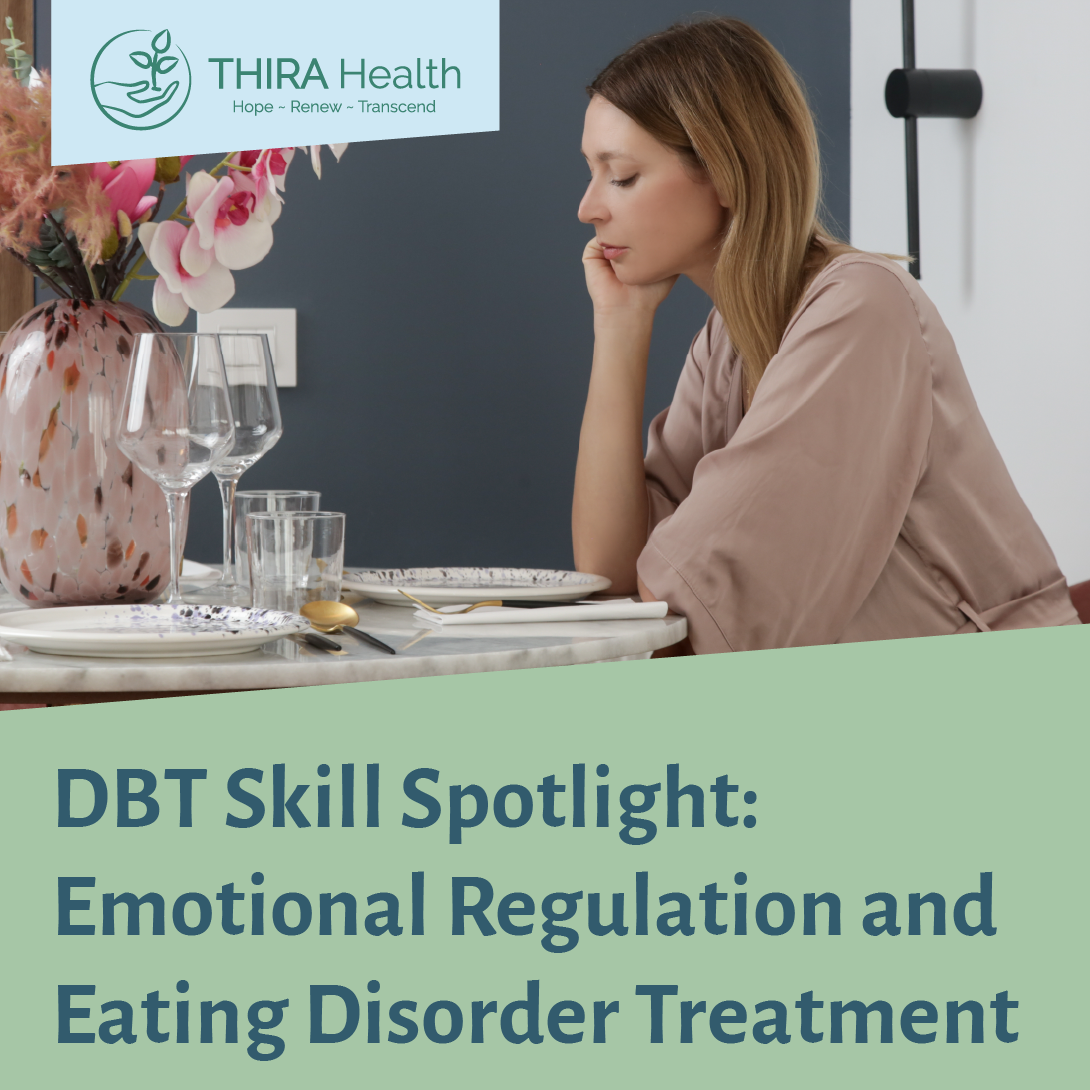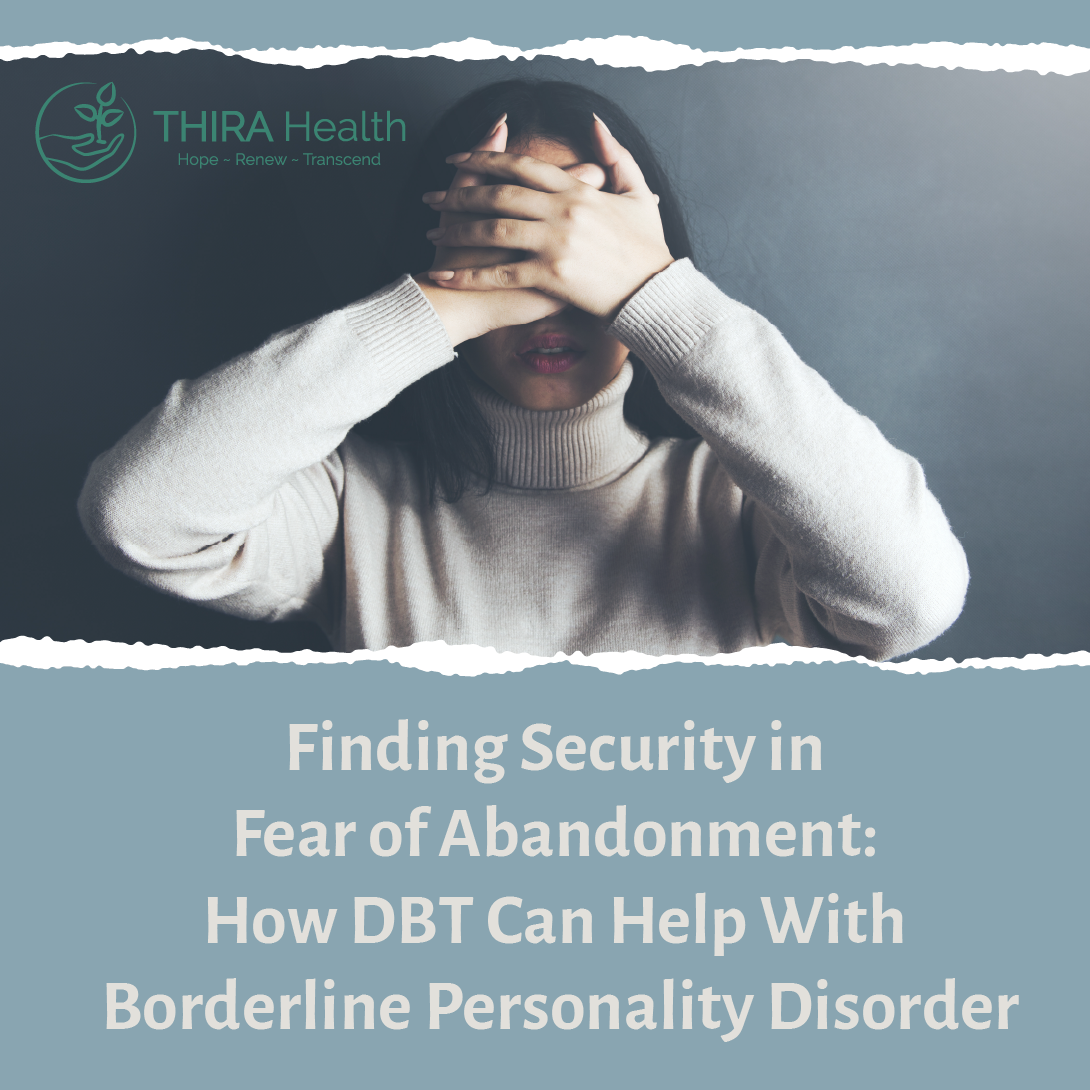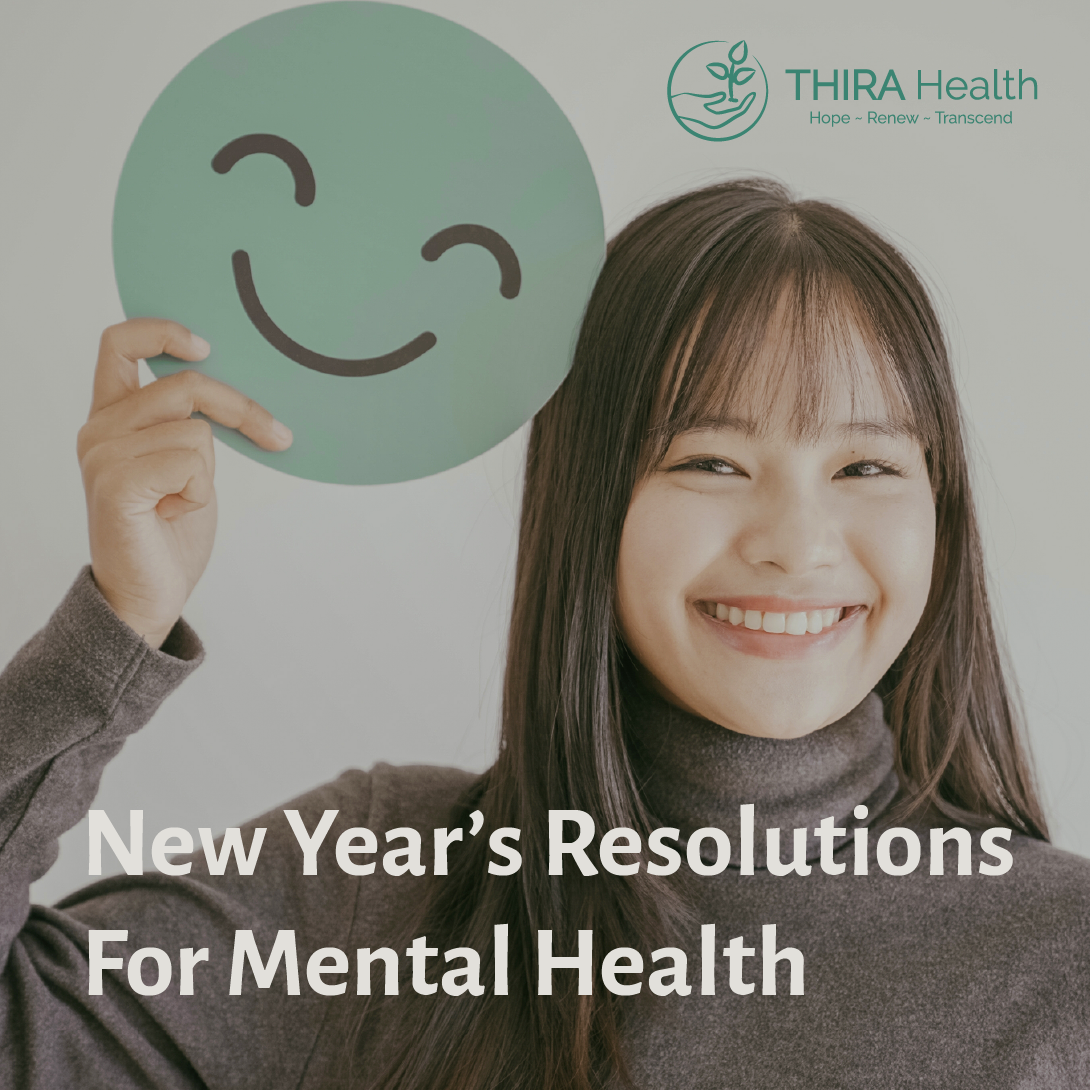Depression is a tough mental health condition with a variety of unpleasant symptoms that disrupt everyday life. People with depression may deal with deep sadness and negative thought patterns, irritability or anger, disinterest in things they previously enjoyed, feelings of hopelessness, changes in sleeping and eating, physical pains, brain fog, and more. Reading that list, you can see why people reach out for help when they’re struggling with depression.
Thankfully, depression is treatable, even when you may feel like it’s hopeless and there’s no point in trying. That hopelessness is depression talking, and starting a holistic intensive depression treatment program can help muffle that unsettling voice of depression and give you back your life.
Mindfulness and Depression
How does mindfulness help with depression?
Mindfulness, or the act of keeping your mind on the present moment, has been proven to help with depression. Research shows that mindfulness helps most with the depressive symptoms of negative thinking, hopelessness, and difficult emotions like sadness, anger, and fear. Mindfulness helps you direct your attention toward the here and now.
Mindfulness and difficult emotions
Mindfulness helps people understand themselves and encourages them to sit with their emotions and thoughts without judging them. Instead of falling into a spiral of self-blame and distress over trying to have only the “right” feelings or avoid painful emotions or thoughts, mindfulness teaches that you can simply observe your mind.
If you’re having an emotional experience or a negative thought, you can sit with it, allowing it to come and go without attaching a judgment to the experience. Negative self-beliefs, urges for self-harm, and thoughts of emptiness or hopelessness can’t have as strong an impact when you don’t try to get rid of them, argue with them, or ignore them, and instead put your energy toward experiencing the current moment.
Mindfulness skills in DBT that help with depression
Dialectical behavior therapy, or DBT, is a therapy approach that includes multiple skills that help you practice mindfulness. DBT skills are designed to serve as life skills that you can use whenever you need support for difficult thoughts or emotions.
Wise Mind
The Wise Mind tool asks you to consider your state of mind and try to listen to the part of your mind where there’s a balance between your Emotional Mind and your Rational Mind. How do you learn to find and listen to your Wise Mind? Regularly check in with yourself and take note of how you’re feeling and what you’re thinking without judging yourself. Treat it like an opportunity to learn about yourself when you pay active attention to your state of mind and being in the moment.
You’ll know you’re hearing from your Wise Mind when you feel sure, seeing clearly what’s happening and what you need to do next. Instead of only hearing emotional reactions from your Emotional Mind or experiencing the disconnect of analyzing through the Rational Mind, you feel a balance where you understand your feelings and know the next steps and the whole picture at the same time.
That clarity can help you through depression by clueing you in on what thoughts are simply depression talking and what thoughts are worth acting on. Deep feelings of worthlessness and sadness are simply feelings, and they don’t have any bearing on your worth.
What/How
The “What” and “How” exercises help you stay anchored in the moment by sharpening your observations and connecting you to the moment.
What asks you to observe, describe, and participate only in the activity or place currently surrounding you. Notice what you’re thinking, feeling, and what your senses are telling you. Stick to the facts of your experiences, and release judgments and assignments of meaning when they pop into your head. Stay in the moment, and experience what’s happening around you as it happens.
How asks you to withhold judgment, focus your mind on the present moment, and choose actions that match the outcome you want to see in a situation. Combining How and What can help you stay present even when your mind wants to wander toward judgments, fears, and worries about the past and the future.
By staying present, withholding judgment, and focusing on the activity at hand, the symptoms of depression can’t hold you back as easily. This takes practice, but with each attempt, you grow closer to shifting yourself away from experiencing symptoms and more toward experiencing the moment.
Doing Mind and Being Mind
These two mindsets, when combined, are another path to your Wise Mind. Being Mind is focused on the experience of being in the moment. It is curious and interested in observing and appreciating what’s around you in the here and now. Doing mind is goal-focused and aims to choose actions that move you forward.
When you combine being present and curious with taking action, you can better understand yourself and what you do and do not have control over. You don’t have control over the feelings that pop up in your mind, but you do have control over where you focus your attention, and drawing it back to the present moment can help reduce the impacts of your emotions.
Depression robs us of our curiosity and interests, and Doing/Being Mind gives it back to us. Deliberately taking an interest and focusing on being and doing can give you structure that helps you shake off the weight of depression.
Loving Kindness
Loving Kindness is a beautiful exercise in extending compassion to anyone in need. Choose a person in your life; it could be someone you love, someone you’re not fond of, or even yourself. From there:
- Sit calmly and breathe deeply, with Willing Hands placed palm-up in your lap.
- Send kindness and love to the person on your mind. Come up with a set of wishes to send their way, either personal to them or a set that you can use for anyone you focus Loving Kindness on.
- Move through a list of people, radiating Loving Kindness toward each one, making sure to include yourself.
- Practice each day, and note how sending compassion out toward others makes it easier to experience compassion for yourself.
This exercise helps you release judgment and push past negative thoughts and feelings toward the kindness you want to embody.
DBT skills as part of intensive depression treatment
Mindfulness is just one of four DBT skill sets that can help with depression, along with emotional regulation, distress tolerance, and interpersonal effectiveness. While you can gain some benefit from practicing DBT skills on your own, it’s worth investing in to work with a trained DBT practitioner to get the most out of the process. A trained DBT therapist can help you gain more from each skill you practice and can help you process difficult life experiences that lie at the root of your mental health challenges.
DBT programs have been proven to help with depression by helping people manage their symptoms and develop an approach to life that supports them instead of hindering them. When you look for an intensive depression treatment program, look for one that integrates all aspects of DBT, including individual therapy, group therapy, DBT skills practice, and on-call therapist support. THIRA Health uses DBT as a cornerstone of our holistic intensive depression treatment approach, and we welcome you to get in touch with us to learn more about how we can help you get started on a life worth living.
